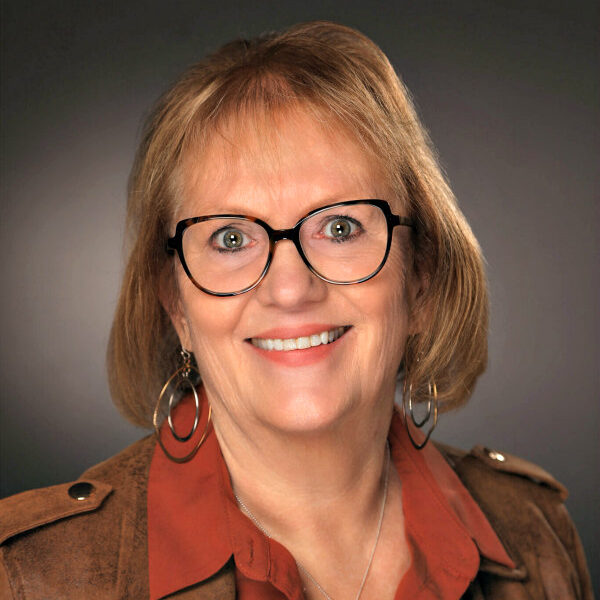WholeHearted Living

I have the pleasure of co-facilitating a 12-week women’s group on WholeHearted Living. The group started several weeks ago and has really allowed a forum for participants to grow and develop more fully into their authentic selves. I love the idea behind Wholehearted Living. This is a phrase coined by author Brene’ Brown. According to Ms. Brown, WholeHearted Living has to do with living with our developed whole self. Her definition for this is a life lived with authenticity, love and belonging, and a resilient spirit. This resonated with me as I do believe it is a universal need for each of us to want to be and share our authentic self with others. I also believe that we can only do this when we have learned to love our own authentic self. And in order to do that, we have to trust that in spite of showing our authentic self to others, we will still be loved and belong to the community, whether it is our community of our family, neighbors, work colleagues, or our larger community. And in fact, the fear of not being loved or belonging is probably why we refrain from sharing our authentic selves.
Authenticity is defined as genuineness or truth of something. To me, this is our work in life, being who we really are and sharing our genuine self with others. I don’t think this is an easy task. Ms. Brown has some suggestions with specific action steps towards being authentic. First, cultivate the courage to be emotionally honest, to set boundaries, and to allow yourself to be vulnerable. Second, develop and use compassion. You can do this by realizing that we are all human. We all carry human struggles. We all have inner strength. And because of these commonalities, we are connected. We are all the same. So we may want to be loving and compassionate to each other as we journey through life together because as we need the support, so do others who pass through our lives.
Her second component for WholeHearted Living is love and belonging. We all need to feel love and belonging. Ms. Brown agrees that nothing is more essential to our happiness than this and advocates that we try to incorporate these ideas. Develop your sense of belonging “within” yourself rather than searching for “outside acceptance and approval”. Become aware of how trying “to fit” in and “be in the right group” doesn’t meet our human need to belong but actually gets in our way. We want to be accepted for who we are and being accepted after we make ourselves “fit in” isn’t showing our authentic self. Ms. Brown encourages us to work towards accepting that we are already worthy of love just as we are and allowing ourselves to be seen and known on a deep level. This is done when we learn to love and accept the ordinary and imperfect parts of ourselves and our lives. And last, practice forgiveness and self-compassion.
Ms. Brown’s third component for WholeHearted Living is to develop a resilient spirit. We are all human and we have our flaws as well as difficulties that we have to overcome in our daily living. Becoming grounded with a deep sense of purpose and guided by our own resilient spirit will help us arrive at WholeHearted Living. The steps she teaches for being resilient in life include telling our stories, practicing hope and gratitude, embracing vulnerability, thinking critically, honoring faith and intuition, valuing perseverance and rest, and holding joy and laughter sacred. A small but mighty list.
It all sounds good in theory but practicing these steps towards WholeHearted Living is difficult. Ms. Brown’s research has involved years of interviewing thousands of people. The results show that the greatest obstacles to authenticity, love and belonging, and a resilient spirit are shame and fear. Shame comes when we take on the message that we are unworthy, unlovable, and incapable of change. It seeps into our being, implying that our imperfections make us inadequate and being vulnerable is a weakness. Shame propels the messages: “Who do you think you are?” and “You’ll never be good enough”. And of course, if we are feeling these things, we work hard to cover them up by not showing our vulnerabilities and our imperfections to others – thus covering up parts of our authentic self. Our imperfections do not make us inadequate but rather remind us that we are human. And it is in our “humanness” that we can connect to others in a genuine way, as we are all human. Sharing our vulnerabilities with others is not a weakness, but rather an act of courage. Our vulnerabilities can remind us, in fact, that we are all vulnerable, all human, and all in this together. And this brings us full circle back to connecting, belonging, and being authentic.
Ms. Brown has done extensive research, workshops and lectures on shame. She believes that shame is a silent epidemic and that each of us has experience with feeling shame. She also believes that talking about shame will bring it into the light and build resilience to its effects. So she developed “The Connections” curriculum to give people the tools to recognize and understand shame, moving away from feeling shame to feeling guilt all with the goal of finding the path towards WholeHearted Living. (Brown, 2007)
If you are interested in participating in our next group, we will be starting an evening group in September. For more information or to sign up for this group, call our office at 308-382-5297 x 10.
Works Cited
Brown, B. (2007). I Thought It Was Just Me (but it isn’t). New York City: Penguin Group.
Tags: Living with authenticity, Wholehearted Living
ABOUT THE AUTHOR

Janie Pfeifer Watson
Licensed Independent Clinical Social Worker
Licensed Independent Mental Health Practitioner- Janie Pfeifer Watson, LICSW, is the founder and director of Wholeness Healing Center, a mental health practice in Grand Island, Nebraska with remote sites in Broken Bow and Kearney. Her expertise encompasses a broad range of areas, including depression, anxiety, attachment and bonding, coaching, couples work, mindfulness, trauma, and grief. She views therapy as an opportunity to learn more about yourself as you step more into being your authentic self. From her perspective this is part of the spiritual journey; on this journey, she serves as a mirror for her clients as they get to know themselves—and, ultimately, to love themselves.
LATEST ARTICLES BY Janie Pfeifer Watson
- Gentle and Grounded – A Mindful Reset for 2026
- Glimmers of Light – Nurturing Joy During the Holidays
- Live Stronger: Strength, Balance, and Social Connection after 50 Stay strong. Stay Connected. Stay independent.
- Healing is a Lifelong Journey, and It Doesn’t Happen in a Straight Line
- Habits to Develop to Age Well
Subscribe today
Sign up to receive the latest mental health tips and inspiration